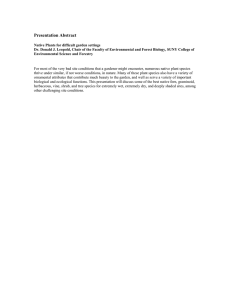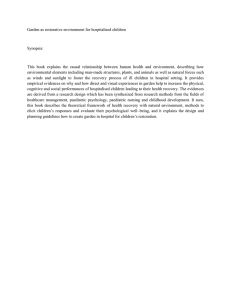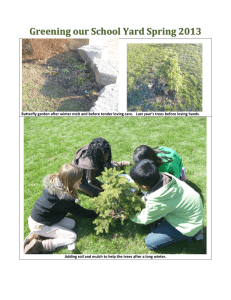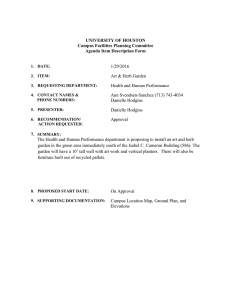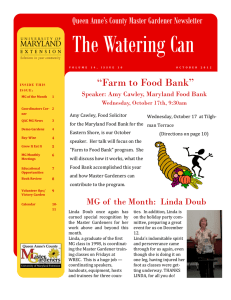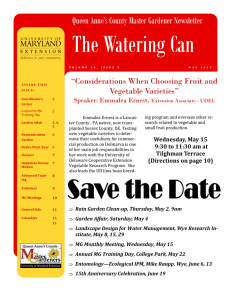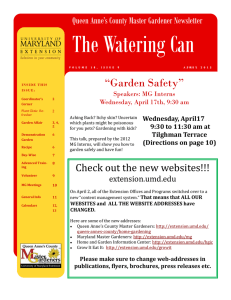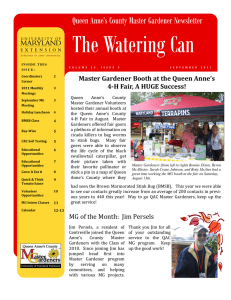T r L u
advertisement
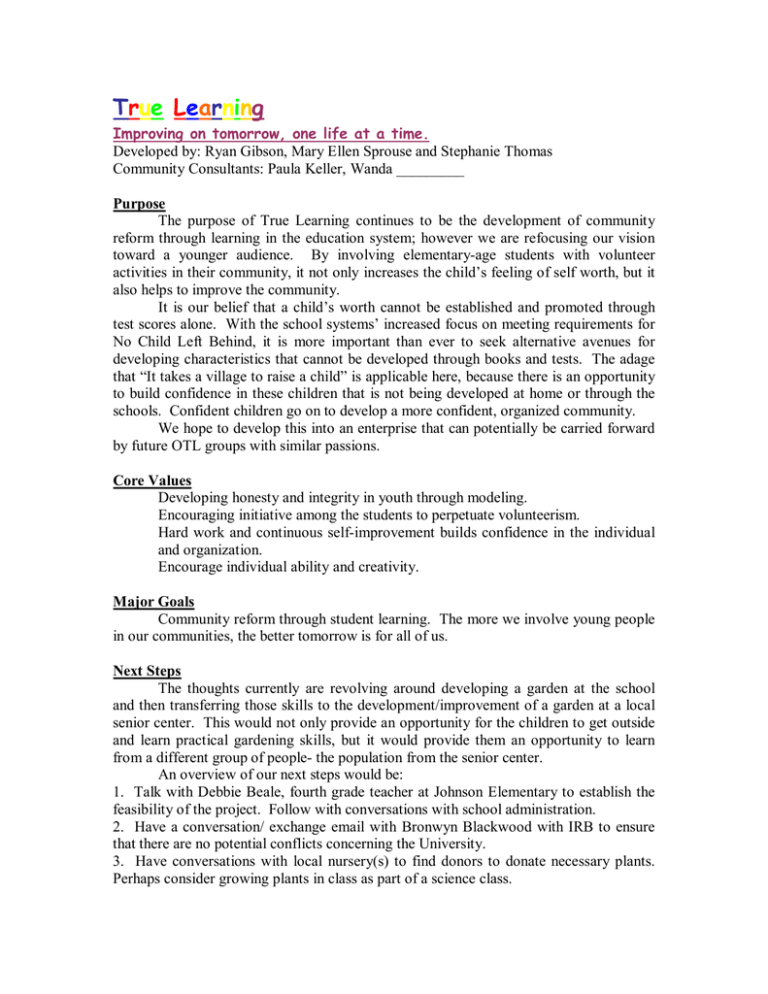
True Learning Improving on tomorrow, one life at a time. Developed by: Ryan Gibson, Mary Ellen Sprouse and Stephanie Thomas Community Consultants: Paula Keller, Wanda _________ Purpose The purpose of True Learning continues to be the development of community reform through learning in the education system; however we are refocusing our vision toward a younger audience. By involving elementary-age students with volunteer activities in their community, it not only increases the child’s feeling of self worth, but it also helps to improve the community. It is our belief that a child’s worth cannot be established and promoted through test scores alone. With the school systems’ increased focus on meeting requirements for No Child Left Behind, it is more important than ever to seek alternative avenues for developing characteristics that cannot be developed through books and tests. The adage that “It takes a village to raise a child” is applicable here, because there is an opportunity to build confidence in these children that is not being developed at home or through the schools. Confident children go on to develop a more confident, organized community. We hope to develop this into an enterprise that can potentially be carried forward by future OTL groups with similar passions. Core Values Developing honesty and integrity in youth through modeling. Encouraging initiative among the students to perpetuate volunteerism. Hard work and continuous self-improvement builds confidence in the individual and organization. Encourage individual ability and creativity. Major Goals Community reform through student learning. The more we involve young people in our communities, the better tomorrow is for all of us. Next Steps The thoughts currently are revolving around developing a garden at the school and then transferring those skills to the development/improvement of a garden at a local senior center. This would not only provide an opportunity for the children to get outside and learn practical gardening skills, but it would provide them an opportunity to learn from a different group of people- the population from the senior center. An overview of our next steps would be: 1. Talk with Debbie Beale, fourth grade teacher at Johnson Elementary to establish the feasibility of the project. Follow with conversations with school administration. 2. Have a conversation/ exchange email with Bronwyn Blackwood with IRB to ensure that there are no potential conflicts concerning the University. 3. Have conversations with local nursery(s) to find donors to donate necessary plants. Perhaps consider growing plants in class as part of a science class. 4. Develop garden plan for Johnson Elementary. 5. Work with senior center to find volunteer opportunities for the children. Potentially consider carrying the garden project to the senior center facilities. Check with JABA, Church of Incarnation, Senior Center on Greenbrier 6. Schedule and implement Image (Under development)



